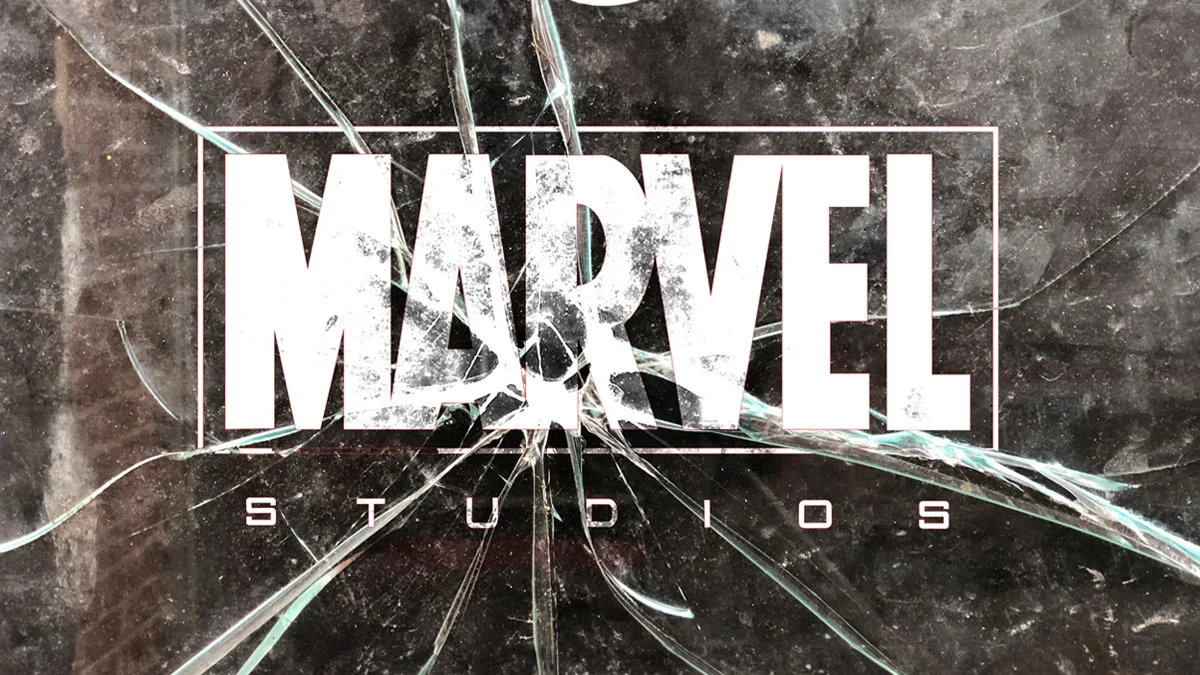
Marvel Studios is a household name around the globe. With 32 blockbuster movies released since 2008 and nine TV programmes coming out on Disney+ since 2021, Marvel Studios has become a multi-billion-dollar powerhouse.
However, Marvel’s latest movie The Marvels is set to bomb at the box office on its opening weekend, the latest in a string of disappointing releases for the studio. So what is going wrong? And has Marvel Studios become a business case study for how success can quickly turn into failure?
Find a formula that works
Modern film franchises have a defined formula. Legendary director, Martin Scorsese, has said they are films that are “market-researched, audience-tested, vetted, modified, re-vetted, and remodified until they’re ready for consumption.” In the 32 films Marvel Studios has created, they have cracked the metaphorical code of superhero action movies to create maximum effect.
But that formula may now have reached a saturation point. James Gunn, who makes films for Marvel’s rival DC, has warned of “superhero fatigue.” Bob Iger, the chief executive of Disney, has said Marvel may have “diluted” focus and attention. It produced an average of two films per year between 2008 and 2022. The studio had an annual maximum of four films in 2021, not counting the five television programmes that were released in the same year.
Colin Dougherty, marketing director for Zenlytic, a company harnessing AI for business intelligence data, says, “It’s pretty exhausting as a consumer. It’s almost too overwhelming to the audience.”
For SMEs looking to build a business, Dougherty said this is “basically just a lesson in slowing down and releasing stuff at a steady pace.”
Iger said the quality of Marvel’s content needs to improve. Talking to CNBC, he said, “We would have liked some of our more recent releases to have performed better.”
The Marvels looks unlikely to put this right, with the film attracting poor reviews. Kevin Maher wrote in The Times that Marvel has become a “superhero movie machine that churns out critical duds and commercial failures and branded pabulum for Disney+.”
Criticism is building
Other film directors have warned for some time that a reckoning would come for superhero movies and Marvel.
James Cameron, director of action films like Avatar and The Terminator, said in a 2018 interview with IndieWire, “There are other stories to tell besides hyper-gonadal males without families doing death-defying things for two hours and wrecking cities.”
Meanwhile, Christopher Nolan, the director of Oppenheimer, told Variety last week that “we’ve been through a period where it was wonderfully reassuring for studio executives to feel that their franchise properties could go on forever and be predictably successful. But you can’t deny filmgoers’ desire for novelty.”
Worryingly for superhero movies, we’ve seen this before with the rise and fall of Western movies. Chris Spearing, chief partnerships officer at video game group Companion, said, ‘There was a time these were the biggest thing, now it's a rarity as audiences got sick of the 'same old' genre and moved on to the next big thing.”
He added, “To get around saturation in any market, you can diversify or innovate, create a niche or approach your business in a different way to the competition.”
Related and recommended
The Olympic cycling champion has brought lessons from his time in sport to his work in business
How do you build a company culture that nurtures game-changing ideas? Start with mindset, feedback and failure
The auto industry entrepreneur believes smart pivots can be the start button to fire up business success
Knowing how to get agreement between two parties is key in business. Two experts who have dealt with life-and-death negotiations offer their insight

